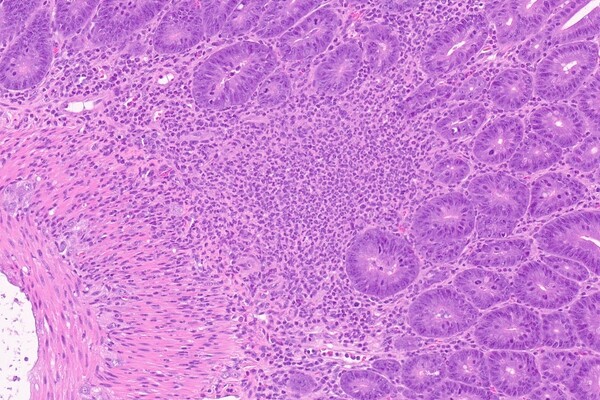
(Image: Courtesy of the Brodsky Laboratory)

(Image: Courtesy of the Brodsky Laboratory)
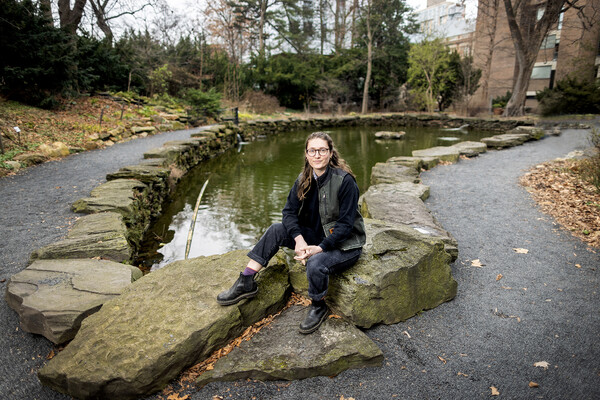
The BioPond, as it’s widely known, sits amid campus buildings, offering a place of respite for both the Penn community and the broader West Philadelphia community. Its accessibility sets it apart from many botanical gardens, Kuracina says.
nocred
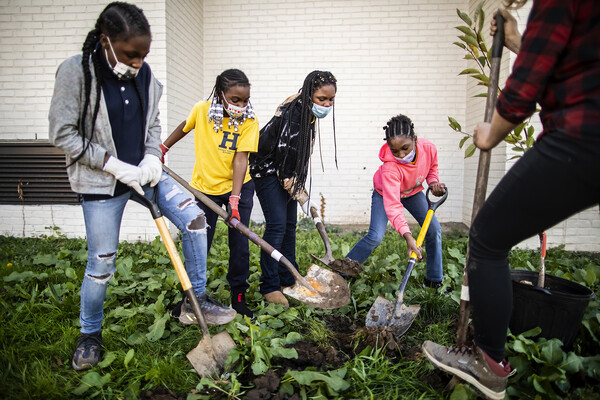
nocred
Study participants included individuals from the Hadza, a group who traditionally practiced hunting and gathering and speak a language that includes click sounds. They live in what is now Tanzania.
(Image: Tishkoff Laboratory)
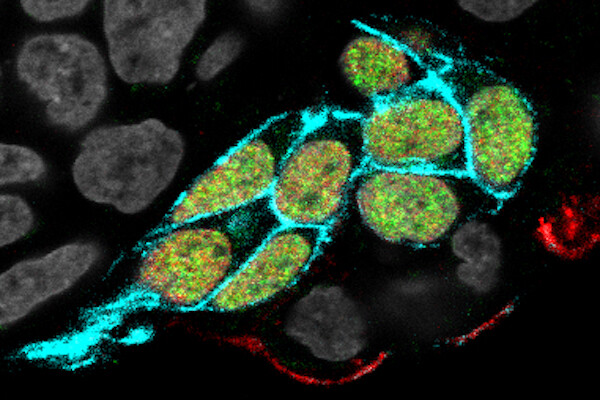
Providing the inducible pluripotent stem cells with appropriate growth conditions and signals, the research team was able to coax the cells to begin to resemble primordial germ cells found in marmoset embryos.
(Image: Yasunari Seita)
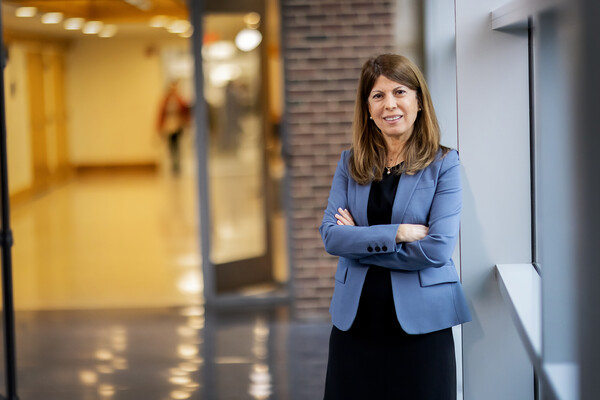
Sinem Esra Sahingur has both research and administrative duties as associate dean of graduate studies and student research at Penn Dental Medicine.
nocred
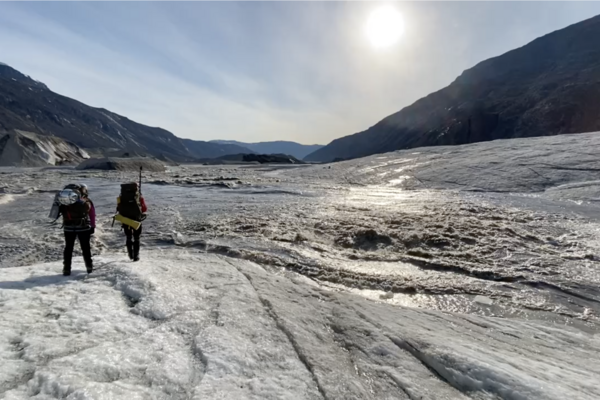
Jade Hatton and Anna Polášková of the CryoEco Group at Prague’s Charles University, collaborators of the BiCycles Lab, work in Greenland’s Upernavik region.
(Image: Jack Murphy)
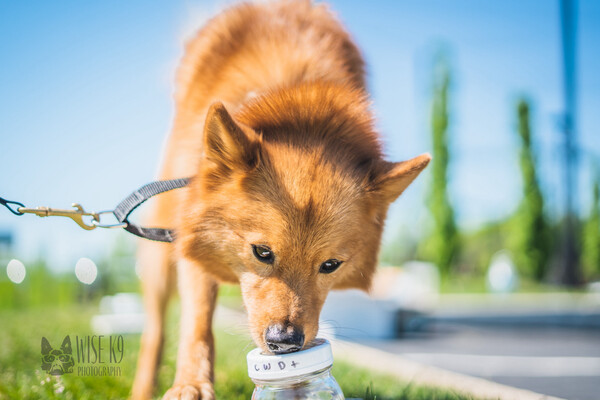
Jari, an 8-year-old Finnish spitz, takes in the odor of a sample taken from a deer with chronic wasting disease. Penn Vet scientists are working to see whether detection dogs trained to discern the disease’s scent could be employed as a tool in helping contain its spread.
(Image: Shelby Wise/Wise K9 Photography)
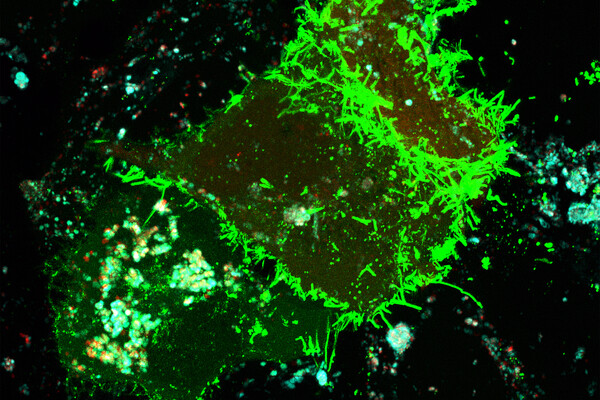
An innate mechanism in human cells may prevent Ebola virus from spreading, according to new Penn Vet-led research. Using powerful confocal microscopy, they tracked the budding of virus-like particles from cells (shown in the filamentous projections in the cell in the upper right) and how autophagy, a “self-eating” cellular process, by which viral proteins are sequestered in vesicles (shown in the cell in the lower left), inhibits virus-like particles from exiting.
(Image: Courtesy of the Harty lab)

nocred